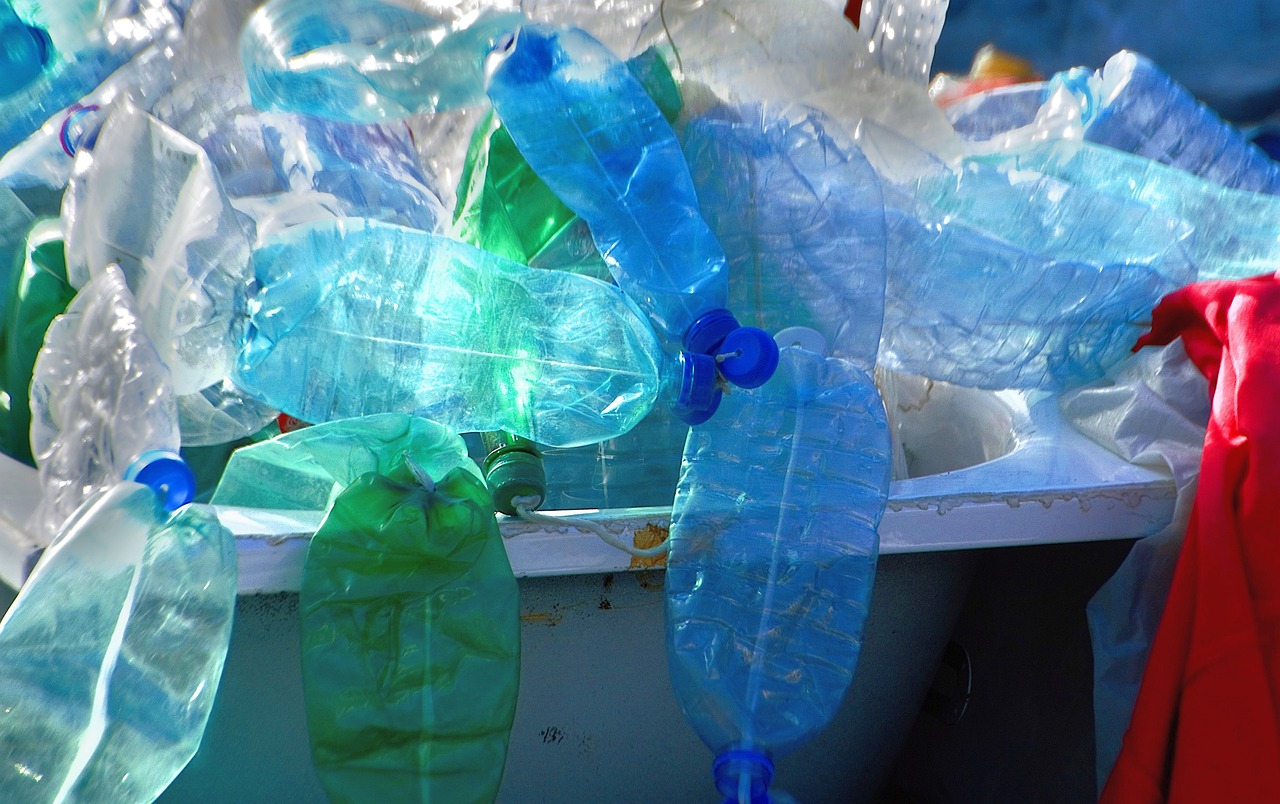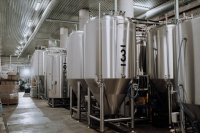The problem with plastic waste
Plastic waste poses a myriad of problems for the environment and human health. From polluting waterways to harming marine life and leaching harmful chemicals into the soil, its impact is undeniable. Traditional disposal methods like landfilling or incineration are not only environmentally damaging but also unsustainable in the long term.
Scrap buyers: unsung heroes of recycling
Amidst the bleak landscape of plastic pollution, scrap buyers emerge as unsung heroes. These individuals or companies specialize in purchasing, processing, and reselling scrap materials, including various types of plastics. Their role in the recycling chain is pivotal, as they bridge the gap between waste generators and recycling facilities.
The process of transformation
Scrap buyers employ a variety of methods to transform plastic waste into valuable resources. Upon collection, plastics are sorted, cleaned, and processed to remove impurities. Advanced technologies, such as shredding and extrusion, are often utilized to convert plastic scraps into reusable pellets or flakes.
Creating value from waste
One of the key advantages of scrap buyers is their ability to extract value from seemingly worthless materials. By investing in innovative recycling technologies and establishing efficient supply chains, they can turn plastic waste into a range of valuable products, including packaging materials, textiles, and construction components.
The economic incentive
Besides their environmental impact, scrap buyers are also driven by economic incentives. The market for recycled plastics continues to grow, fueled by consumer demand for sustainable products and government regulations promoting recycling initiatives. As such, investing in plastic recycling has become not only socially responsible but also financially lucrative.
Challenges and opportunities
Despite their crucial role, scrap buyers face numerous challenges in the recycling industry. These include fluctuating market prices, logistical complexities, and inadequate infrastructure. However, with these challenges come opportunities for innovation and collaboration. By embracing technological advancements and forging partnerships across the value chain, scrap buyers can further enhance their impact and contribute to a circular economy - plastic waste management.
In conclusion, scrap buyers play a vital role in transforming plastic waste into opportunity. Through their efforts, plastic pollution is not merely a problem to be managed but a valuable resource waiting to be tapped. By recognizing the importance of scrap buyers and supporting their initiatives, we can move closer to a sustainable future where waste is no longer wasted.













